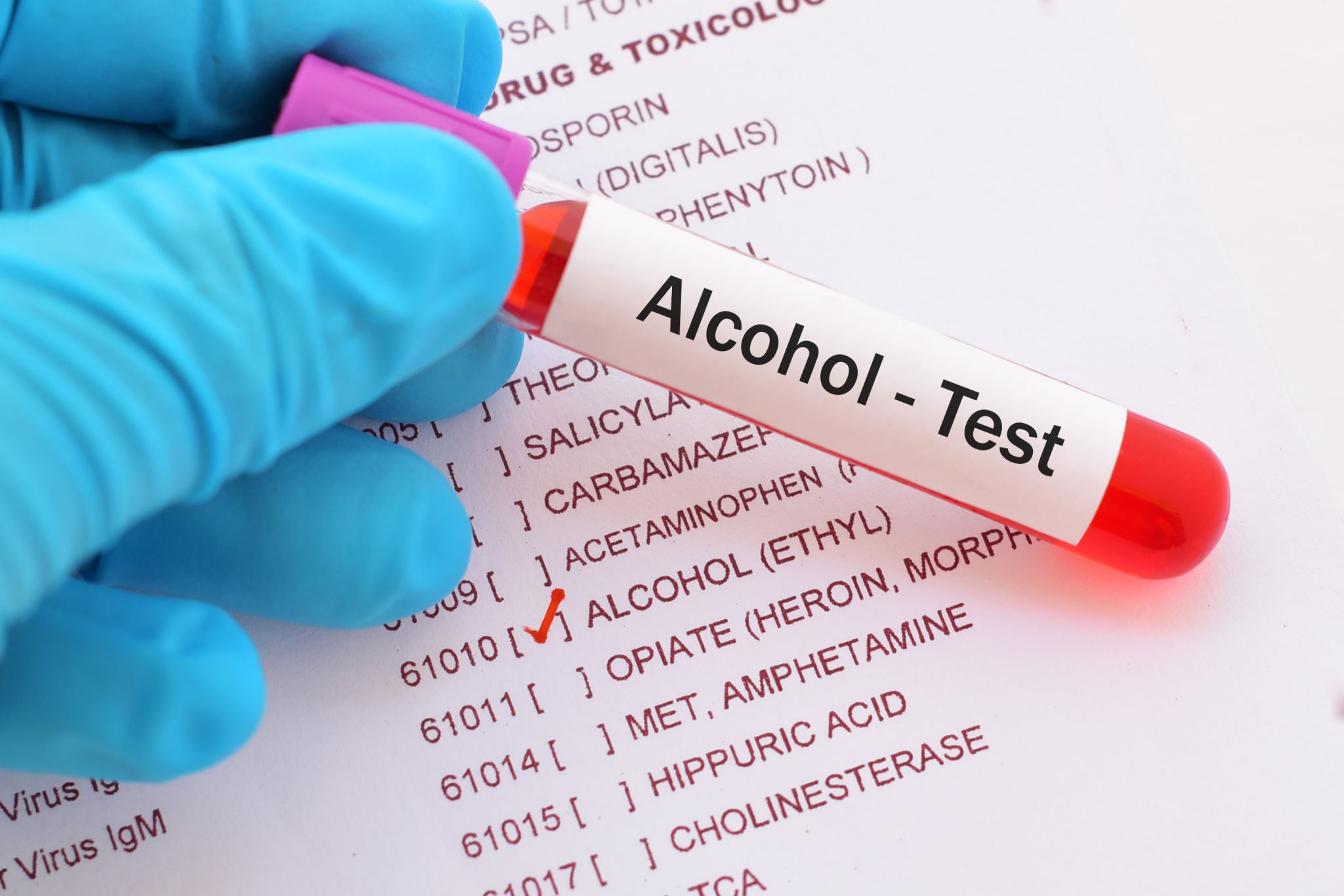Comparing DOT and NON-DOT Specimen Collection Services: What You Need to Know
Understanding DOT and NON-DOT Specimen Collection Services
When it comes to specimen collection services, understanding the difference between DOT and NON-DOT protocols is crucial for businesses and individuals alike. The Department of Transportation (DOT) has stringent regulations for drug and alcohol testing in safety-sensitive industries, while NON-DOT testing is used by companies outside the DOT's purview. It's important to know which type of testing is appropriate for your situation to ensure compliance and accuracy.

What is DOT Specimen Collection?
DOT specimen collection services are regulated by the federal government and are mandatory for industries such as aviation, trucking, and public transportation. These services are designed to enhance safety by ensuring that employees in safety-sensitive positions are not under the influence of drugs or alcohol while performing their duties.
The DOT has specific guidelines for how specimens are collected, tested, and reported. These include the use of a specific chain of custody form, certified labs, and trained collectors to perform the tests. The procedures are standardized to maintain consistency and reliability across all testing sites.
NON-DOT Specimen Collection Explained
In contrast, NON-DOT specimen collection services are not bound by federal regulations but adhere to company-specific guidelines. These are often used by organizations that want to maintain a drug-free workplace but do not fall under the DOT's jurisdiction. The flexibility in NON-DOT testing allows businesses to tailor their testing programs to meet specific needs.

NON-DOT testing can include a wider range of substances and may have different testing frequencies and methods than DOT testing. Companies can choose which substances to test for based on their industry, workplace environment, or company policy. This type of testing can also be extended to pre-employment screenings, random checks, or post-incident evaluations.
The Key Differences
While both DOT and NON-DOT testing aim to ensure a safe and drug-free workplace, there are several key differences:
- Regulation: DOT testing is federally regulated, whereas NON-DOT testing is not.
- Scope: DOT testing is typically limited to five-panel drug tests, whereas NON-DOT testing can include a broader range of substances.
- Flexibility: NON-DOT testing allows more flexibility in terms of program design and implementation.
- Applicability: DOT applies only to safety-sensitive transportation industries, while NON-DOT can be applied in any workplace.

Choosing the Right Service for Your Needs
Determining whether your organization requires DOT or NON-DOT specimen collection services depends on your industry and specific company policies. Safety-sensitive industries must comply with DOT regulations, but other businesses have the liberty to choose whichever method best suits their objectives.
If you operate within a DOT-regulated industry, compliance is not just recommended—it's required. Failing to adhere to these standards can result in significant penalties and jeopardize safety. For businesses outside the scope of DOT regulations, NON-DOT testing provides a customizable solution for maintaining workplace safety.
The Importance of Compliance
Regardless of whether you opt for DOT or NON-DOT specimen collection services, ensuring compliance with relevant regulations is essential. This not only protects your business from potential legal issues but also promotes a safer working environment for all employees.
Implementing an effective drug testing program can help mitigate risks associated with substance abuse in the workplace, reduce accidents, and improve overall productivity. Choosing the right type of specimen collection service is an important step in achieving these goals.

In conclusion, understanding the distinctions between DOT and NON-DOT specimen collection services is crucial for any organization looking to implement or improve their drug testing programs. By recognizing the specific requirements and benefits of each type of service, you can make informed decisions that enhance safety and compliance within your workplace.
